For Girls: What to Expect During Puberty

Puberty is an exciting, challenging, and sometimes confusing time in life. For girls, it typically starts between the ages of 8 and 13 and brings many changes, both physically and emotionally. Helping your daughter learn about what’s happening to their body can help make this transition feel less overwhelming and more empowering. Here’s what you can expect as they go through puberty and some tips for navigating this journey.
What Is Puberty?
Puberty is the phase of life when your body begins to develop and change, preparing you for adulthood. This process is fueled by hormones, which are chemicals your body produces that regulate various functions. During puberty, these hormones spark growth, physical development, and even changes in how you think and feel.
The Physical Changes You’ll Notice
Everyone experiences puberty in their own unique way, but here are some common physical changes girls go through:
Growth Spurts
One of the first signs of puberty is a noticeable growth spurt. Girls will likely get taller and may notice other parts of their body, like their arms and legs, growing too.
Breast Development
Breast development usually begins with small, tender lumps under the nipples, which can sometimes feel sore. These are often called “buds.” Over time, breasts will continue to grow and change shape.
Body Hair
Hair will start to grow in new places, such as under the arms and in the pubic area (around the genitals). The hair may begin as soft and light, becoming thicker and darker over time.
Skin and Hair Changes
As the body’s oil glands become more active, girls may experience oily skin and pimples, especially on their face. Hair may also become oilier, so they might need to wash it more frequently than previously.
Menstruation (Periods)
One of the biggest changes during puberty is the start of menstruation, or the “period.” A period occurs when the body releases blood and tissue from the lining of the uterus (womb) through the vagina. This usually happens once a month after the body has built up the lining to prepare for a baby to form and live there. A baby is formed when an egg is fertilized by a sperm and creates a baby. When no baby appears, the uterus will shed its lining. Most periods can last between 3 to 7 days.
Girls who are about to start menstruating may notice some early signs like cramps, back pain, or mood changes. It’s a good idea to remind your daughter that while having a period can feel surprising at first, it’s a normal part of growing up.
Emotional Changes
Puberty doesn’t just affect the body; it can also bring emotional changes. Hormones can sometimes make emotions feel more intense, and your daughter may have mood swings or feel self-conscious about the changes she is experiencing. She may also feel more interested in friendships or developing new types of relationships.
These emotional shifts are totally normal, but if they ever feel overwhelming, talking to someone like a guidance counselor can be helpful.
Taking Care of Her Body
During puberty, self-care becomes more important than ever. Here are some tips to help take care of her growing body:
- Staying Active: Physical activity, like dancing, running, or sports, is great for both the body and mind.
- Eating Healthy: Nutritious foods fuel growth. Aim for a balanced diet with plenty of fruits, vegetables, proteins, and whole grains.
- Practicing Good Hygiene: With new changes like sweat, body odor, and oily skin, personal hygiene is key. Showering regularly, washing her face in the morning, and using deodorant are important steps to implement into her routine.
- Getting Enough Sleep: Her body is growing and changing, so it needs plenty of rest. Aim to get at least 8-9 hours of sleep each night.
Frequently Asked Questions
Here are a few common questions girls have about puberty:
When Will I Get My First Period?
Everyone’s body is different, so there’s no “right” time to start menstruating. Most girls get their first period between ages 9 and 15.
How Long Does Puberty Last?
Puberty typically lasts several years. Some changes, like breast development, may happen gradually, while others, like growth spurts, may occur more quickly.
What If I’m the Only One Not Going Through Puberty Yet?
Remember that everyone goes through puberty at their own pace. It’s normal to feel like you’re “behind” or “ahead” of others, but your body will develop in its own time.
Navigating Puberty with Confidence
While puberty can feel like a rollercoaster, it’s also a journey into womanhood that should feel empowering – not scary! Helping our girls embrace these changes with a positive mindset can make this time in their life feel less intimidating. Even reminding them that their Mom or older female relative has also gone through this process can be comforting.
At Augusta Pediatric Associates, we offer an intermittent class on puberty for girls called “On Being A Girl.” Check our social media regularly to stay informed on when the next class will occur!
For questions or any other concerns, Augusta Pediatrics can be reached at (706) 868-0389. The information on this site is not intended or implied to be a substitute for professional medical advice, diagnosis or treatment. All content, including text, graphics, images and information, contained on or available through this web site is for general information purposes only.

Leave a Reply